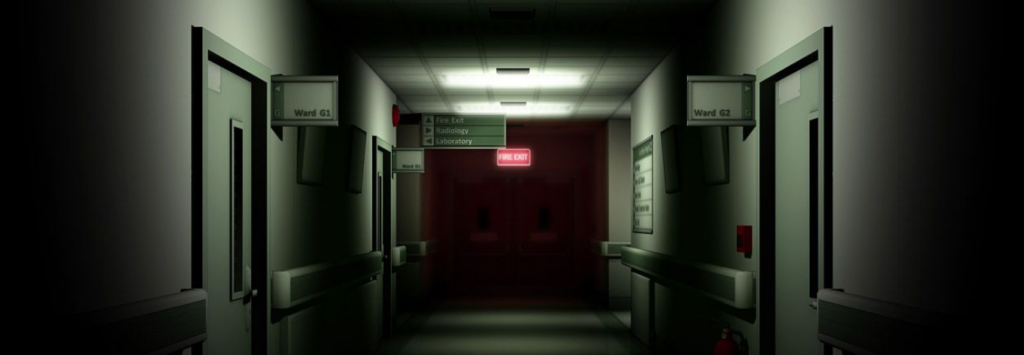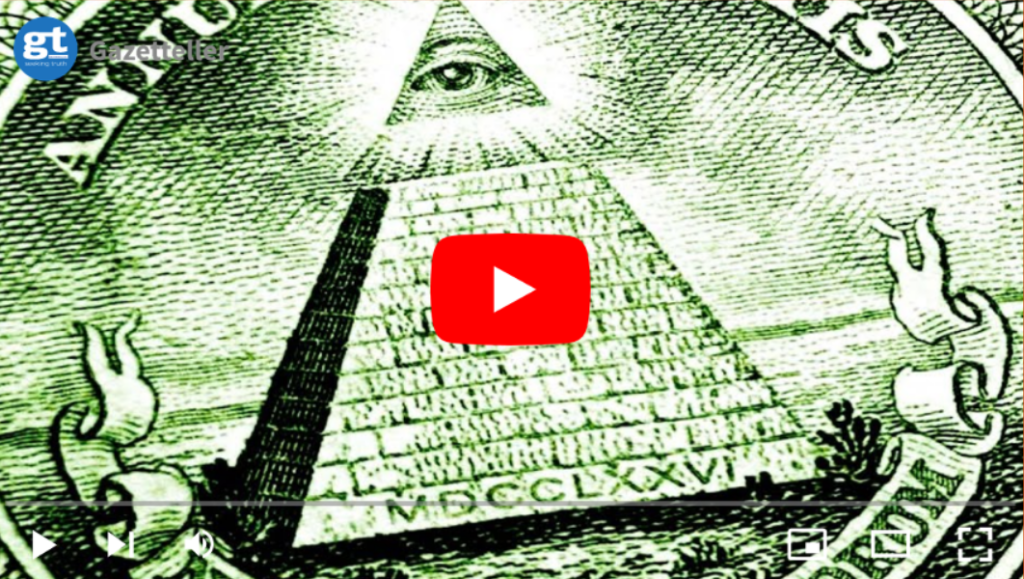One of the most profound elements of human existence is our tendency to forget. It is said that history repeats itself, and for good reason: we humans tend to overlook the bitter lessons we’ve endured in the past.
The woeful collapse of European democracy in the 1930s paints a vivid picture of citizens surrendering their liberty and truth, cowed by existential threats and succumbing to the allure of propaganda.

Yet it seems that we’re on the brink of forgetting these lessons again, with the potential for disastrous consequences.
The Sleeping Leviathan Stirs
Two international legal agreements are currently simmering within the bureaucratic cauldron of the World Health Organisation (WHO). These are a ‘pandemic‘ treaty and amendments to the 2005 International Health Regulations.
Both are set to be presented to the governing body of the WHO, the World Health Assembly, in the near future.
With an alarming lack of public concern, these agreements are poised to redefine the dynamics between the WHO, national governments, and individual citizens. They would establish an international law framework that essentially centralizes global public health authority within the WHO.
The unprecedented power vested in the Director General could enable sweeping, legally binding directives on member states and their citizens.
From mandating financial contributions by individual states to enforcing manufacture and international sharing of vaccines and other health products; from overriding national safety approval processes for vaccines to imposing national, regional, and global quarantines – the reach is extensive and the implications, profound.
The New World Order
A global digital ‘health certificate‘ system would be put in place, verifying vaccine statuses or test results. A bio-surveillance network would be established, tasked with identifying viruses and variants of concern and ensuring national compliance with WHO policy directives.

The trigger for these powers wouldn’t necessarily be an “actual” health emergency causing measurable harm; the mere “potential” for such an event could suffice.
These proposals could drastically alter Member States’ sovereignty, individual human rights, foundational principles of medical ethics, and child welfare.
The United Kingdom, for instance, could lose sovereignty and governmental autonomy over its health and social policies and key aspects of economic policy.
Attention: The US is Facing The BIGGEST Threat Of The Century. . . An Event That May Leave 290 Million Americans Dead in its Wake!
The language of these agreements is unsettlingly vague. For example, an amendment to the IHR seeks to replace the phrase, “[t]he implementation of these Regulations shall be with full respect for the dignity, human rights and fundamental freedoms of persons” with a nebulous phrase about principles of “equity, inclusivity, coherence…“
These provisions could erode long-fought-for standards of medical law.
By not obligating the WHO to differentiate its binding directions based on their impact on children, these regulations could open the door to indiscriminate measures including mass testing, isolation, travel restrictions, and vaccination.

It could even permit the use of investigational and experimental products on healthy pediatric populations.
A Veil of Influence
What makes this even more disconcerting is the disproportionate influence of private capital and vested interests on the WHO. Over 80 percent of the WHO’s budget now comes from specified funding through voluntary contributions, typically earmarked for specific projects or diseases as determined by the funder.

In his book, On Tyranny – Twenty Lessons from the Twentieth Century, Timothy Snyder warns about the political tragedy of “anticipatory obedience“. We saw this voluntary obedience in global citizens from 2020 to 2022: the acceptance of mask-wearing, lockdowns, and novel vaccinations. Now, these measures are ingrained into the proposals as potentially mandatory directives, binding on both Member States and their citizens.
Snyder’s second lesson – to defend institutions, for they do not protect themselves – resonates deeply. The WHO’s self-designation as the “guiding and coordinating authority of international public health response[s]” raises concerns. It suggests the organization seeks to usurp national health ministries and elected, sovereign parliaments.
The One-Party State: A Cautionary Tale
“Beware the one-party state,” Snyder warns. This lesson feels eerily relevant as we consider the WHO’s ambitious power grab. Although the WHO is not a political party, it wouldn’t need to be if it becomes the global controller of ‘pandemic’ identification and response.

It could build an extensive health surveillance network and a global workforce, funded in part by taxpayers from the nations it overshadows.
Recalling professional ethics is essential. Snyder’s fifth lesson serves as a bleak reminder of how the WHO’s proposals could dismantle the pillars of medical ethics, like informed consent, human dignity, bodily autonomy, and freedom from experimentation.
This potential shift is disturbing.
Snyder warns of the sudden disaster that demands the end of checks and balances, the notions of emergency and exception.
The WHO’s proposals, disguised as necessary steps for achieving global public health coordination and cooperation, would create a permanent, global surveillance infrastructure.
Also Read: Beneath the Rockefeller Empire: Unveiling Big Pharma’s Disturbing Manipulation of Cancer Research and the Suppressed Cure!
Funded by private and corporate interests that stand to gain from vaccine-based responses, the opportunities for private exploitation of public health crises would be enormous.
The Truth About Freedom
Snyder’s tenth lesson, to believe in truth, is particularly poignant in our era of Orwellian doublethink, where slogans are given religious status and ideology is mistaken for integrity.
The WHO’s intentions to build capacity to prevent the spread of misinformation and disinformation could potentially make it the single source of ‘pandemic‘ truth, a situation fraught with potential for manipulation and bias.

We must remember to take responsibility for the face of the world. The masked faces of 2020 and 2021 could be seen as society’s visible manifestations of loyalty to the new normal.
Indeed, “eternal vigilance is the price of liberty“. This phrase rings true as we contemplate the potential for authoritarian overreach in the WHO’s plans. We must consider whether we’re willing to cede such sweeping powers to a supranational organization, let alone a single individual within it.
A Plea for Resistance
Perhaps Snyder’s most significant lesson is to stand out, to break the spell of the status quo. As the UK has demonstrated with Brexit, a nation can indeed reclaim its sovereignty from a larger entity.
It seems inconceivable to surrender control over vital national health, social, and economic policies to the WHO.
As we stand on the precipice of this potential shift in global health governance, we must remember our history and heed its lessons.
In doing so, we might avoid the tragic path of forgotten lessons and chart a course towards preserving our liberties, our sovereignty, and our fundamental human rights.
►Donald J. Trump: “If You Want Peace, Prepare For War. . .” Save America!




